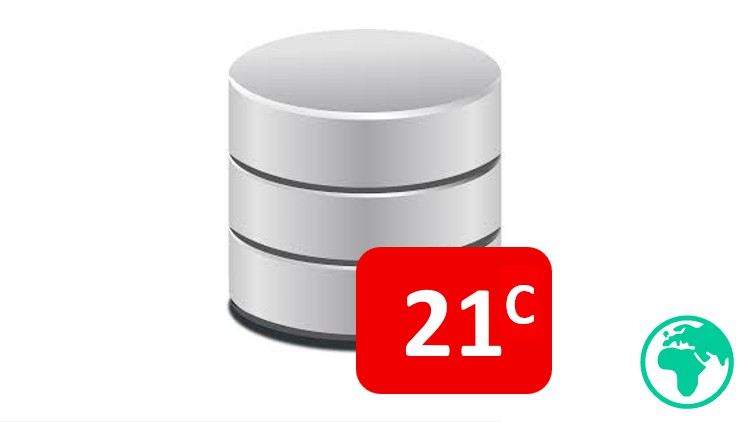جمع جزء: 1,134,000 تومان
- × 1 عدد: آموزش پی بردن به مشکلات بوسیله Prometheus Alertmanager - 189,000 تومان
- × 1 عدد: آموزش تحلیل داده ها بوسیله Qlik Sense - 189,000 تومان
- × 1 عدد: Tips & Tricks for Oracle Integration 3 (OIC 3) - 189,000 تومان
- × 1 عدد: آموزش طراحی Set های سینمایی بوسیله Blender - 189,000 تومان
- × 1 عدد: TypeScript Design Patterns And SOLID Principles - 189,000 تومان
- × 1 عدد: آموزش طراحی محیط های سه بعدی با Photoshop, Blender - 189,000 تومان





